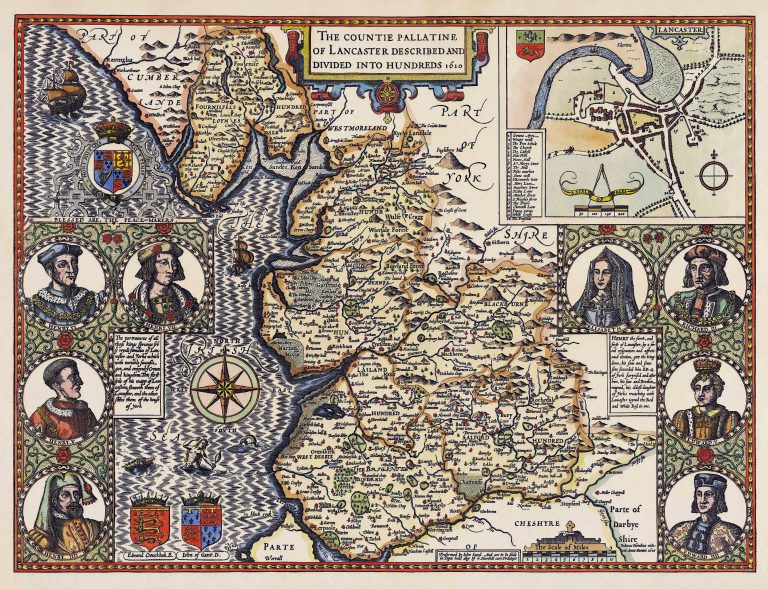
UK Expansion Visa Services in Lancashire with Rumesh UK Immigration
Looking to secure a UK Expansion Visa in Lancashire ? At Rumesh UK Immigration, we are committed to providing expert immigration services to help you navigate the complex process of obtaining a UK Expansion Visa. Whether you’re a professional seeking opportunities or a business looking to expand in Lancashire, our tailored services ensure that your application is handled efficiently and accurately.
What is the UK Expansion Visa ?
The UK Expansion Visa is designed for individuals or businesses looking to live, work, or establish operations in Lancashire and the rest of the UK. This visa also known as UK Expansion Worker Visa. With this visa, you can:
- Gain access to the competitive job market in Lancashire.
- Start or expand your business in the thriving economy of Lancashire.
- Secure long-term residency in Lancashire with a pathway to settlement in the UK.
- Benefit from the freedom to live and work across the UK while based in Lancashire.
At Rumesh UK Immigration, we specialize in assisting individuals and businesses in Lancashire with the UK Expansion Visa application, ensuring your success.
Benefits of the UK Expansion Visa in Lancashire
The UK Expansion Visa offers a wide range of benefits for those looking to live and work in Lancashire, including:
- No Sponsorship Needed: Apply for the UK Expansion Visa without needing an employer to sponsor you.
- Work Flexibility: The UK Expansion Visa allows you to work freely in Lancashire, whether as an employee or a business owner.
- Pathway to Permanent Residency: With a successful UK Expansion Visa application, you can achieve permanent residency in Lancashire.
- Freedom of Movement: The UK Expansion Visa allows you to travel easily in and out of the UK, while making Lancashire your base.
How We Help with Your UK Expansion Visa in Lancashire
Our comprehensive services at Rumesh UK Immigration are designed to guide you through every step of your UK Expansion Visa application in Lancashire:
- Eligibility Consultation: We evaluate your situation and determine your eligibility for the UK Expansion Visa in Lancashire.
- Document Preparation: We help gather and prepare all necessary documents for a smooth application process in Lancashire.
- Application Review: We review your application for the UK Expansion Visa in Lancashire to ensure all requirements are met.
- Support Throughout the Process: Our team provides continuous updates and advice throughout the process to ensure your UK Expansion Visa application in Lancashire is successful.
Contact Rumesh UK Immigration
Ready to begin your UK Expansion Visa journey in Lancashire]? Contact us today for expert guidance and a seamless immigration experience.
- Phone: +44 015 151 2553
- Email: info@rumeshjanqwz.site
- Office: 123 Main Street London, United Kingdom
Location Info – Lancashire
Lancashire ( LAN-kə-shər, -sheer; abbreviated Lancs) is a ceremonial county in North West England. It is bordered by Cumbria to the north, North Yorkshire and West Yorkshire to the east, Greater Manchester and Merseyside to the south, and the Irish Sea to the west.
The county has an area of 3,079 square kilometres (1,189 sq mi) and a population of 1,490,300. After Preston (147,800), the largest settlements are Blackpool (141,100) and Blackburn (124,995); the city of Lancaster has a population of 52,655. For local government purposes, Lancashire comprises a non-metropolitan county, with twelve districts, and two unitary authority areas, Blackburn with Darwen and Blackpool. The county historically included northern Greater Manchester and Merseyside, the Furness and Cartmel peninsulas of Cumbria, and part of northern Cheshire, and excluded the eastern part of the Forest of Bowland.
The west of Lancashire contains flat coastal plains, which rise to the hills of the Pennines in the east. The county contains large parts of two national landscapes, Arnside and Silverdale and the Forest of Bowland, and other protected areas such as the Ribble and Alt Estuaries National nature reserve. The major rivers in the county are, from north to south, the Lune, the Wyre, and the Ribble, which all flow west into the Irish Sea. The highest point in Lancashire is either Gragareth or Green Hill, both approximately 628 m (2,060 ft) high and located in the far north-east of the county.
Lancashire was founded in the 12th century; in the Domesday Book of 1086 much of what would become the county is treated as part of Yorkshire and Cheshire. Until the Early Modern period the county was a comparatively poor backwater, although in 1351 it became a palatine, with a semi-independent judicial system. This changed during the Industrial Revolution, when the county rapidly industrialised; until 1974 it included both Liverpool, a major port, and Manchester, which with its surrounding towns dominated the manufacture of textiles. The Lancashire coalfield was also exploited, with many collieries opening. By 1971 Lancashire had a population of 5,118,405, which made it the most heavily populated county in the United Kingdom after Greater London.